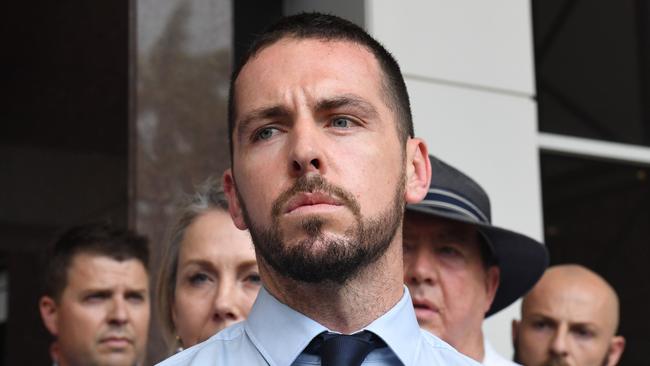
The wave of anger over the jury’s decision to find Rolfe not guilty of unlawfully killing the 19-year-old is being led by Indigenous Australians but it is about all of us. I see it in the context of a litany of miserable and tragic interactions between white authority and Indigenous people. These are cumulative in the hearts and minds of many Australians.
In my role as The Australian’s Indigenous affairs reporter, Indigenous people have generously showed me in horrifying detail how authority operates in the lives of the most disadvantaged. There are too many examples to ignore, some of them very public and very recent.
In the Perth Supreme Court in October last year, a police officer whose identity is permanently suppressed was acquitted of murdering an Aboriginal woman known for cultural reasons as Ms Clarke. The jurors – none of whom were Aboriginal – watched CCTV of the officer leaping out of a moving car, running towards Ms Clarke and shooting her dead as she stood in the street holding a bread knife. She recently had been suicidal. She was a little stoned. As I listened to the evidence, it occurred to me that Ms Clarke did not seem like a threat to anyone except herself on that day.
However, she was portrayed successfully to the jury as unpredictable and violent. She once hit an 82-year-old man who interrupted her robbing a taxi driver. This was read out to the jury, along with her other convictions. Twice. That is when I knew it was over for the prosecution. The jurors’ faces said it all.
After the verdict, Ms Clarke’s nine-year-old son, Caesar, wept on the court steps. The young man who shot her went home to his wife and children.
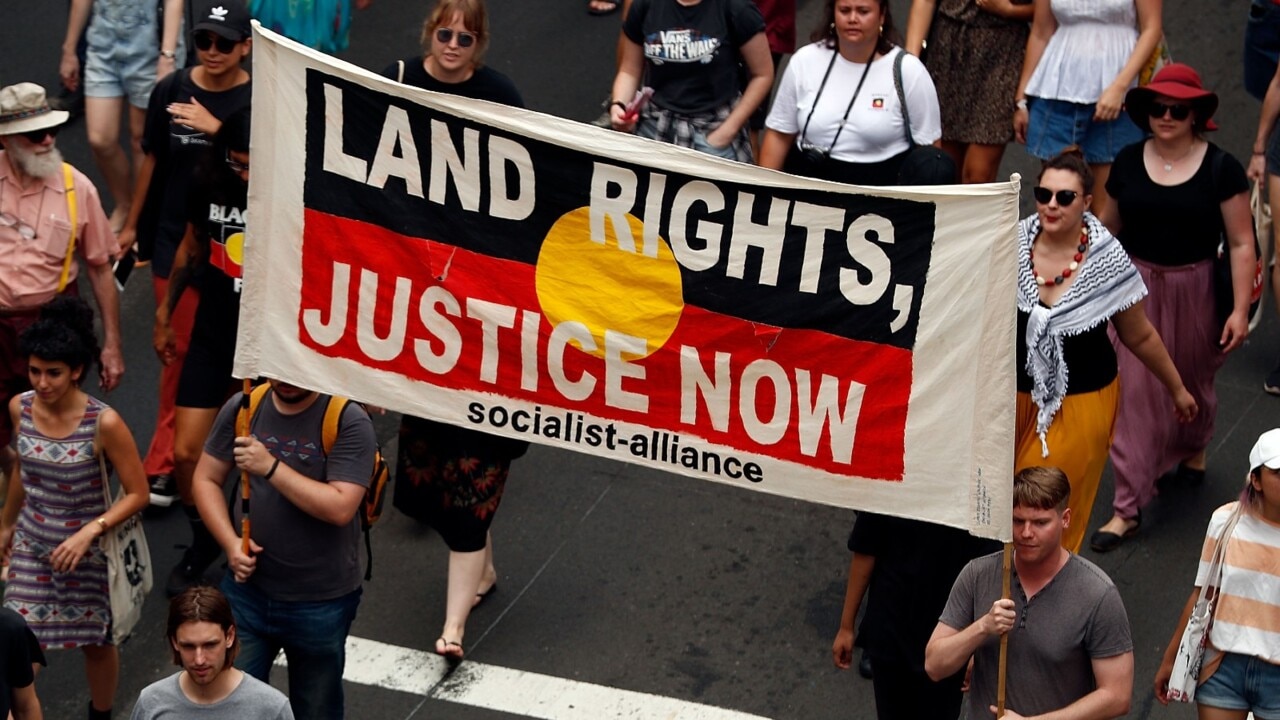
When 22-year-old Aboriginal woman Miss Dhu died from undiagnosed septicaemia in police custody, she was there because she could not afford a fine imposed on her for assaulting a police officer four years earlier when she was 18. It still seems scandalous to me that she was ever charged with that. She apparently flung her arm at a female officer who came too close.
This “assault” occurred in 2010, years before West Australian police were issued with body cameras, so the magistrate heard the police version of what happened. Miss Dhu, an intravenous drug user under the control of a violent boyfriend, had pleaded guilty and just wanted the matter dealt with. She did not protest in that historic courthouse in the port town of Geraldton on March 12, 2012. The magistrate clearly did not think it was much of a crime. Serious assaults on police carry a mandatory jail term in Miss Dhu’s home state but she was given a $1000 fine in lieu of a stint behind bars.
Two years later she was locked up for it anyway because she did not pay. There, the officer in charge called her a “f..king junkie” and refused to believe she was sick. When police did take her to the South Hedland hospital emergency department, she was assumed to be faking to get out of the police cells. A nurse rolled her eyes at Miss Dhu. Miss Dhu twice was taken back to the police lockup, where she vomited, cried and said she was dying. She was pronounced dead at the hospital on August 4, 2012, while two police officers waited, stunned into silence, in the corridor. They really did think she was putting it on.
Weeks later, I sat inside Roebourne regional prison with a frail Aboriginal man who had been in the cell next to Miss Dhu on her final days. Malcolm Wilson, 61, was incarcerated for driving offences. When I asked him if he remembered a young woman in the cells on August 2, 3 and 4, he said: “She was paining (groaning in pain). She was singing out. She was crying. Police was just ignoring her. I couldn’t do anything to help her, I felt so bad.”
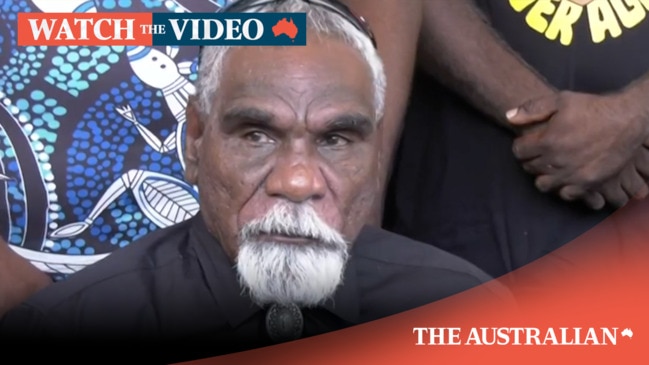
While a cruel and tortuous death such as Miss Dhu’s is possible in a modern police lockup, it is easy to understand how distrust becomes the default position when any Aboriginal person dies in police presence.
The nation has voluminous reports into Aboriginal deaths in custody, youth detention and child protection starting with the royal commission in 1991. Every report has recommendations for better systems and better accountability for those professionals who are paid and funded to help young people like Walker. Those professionals are invariably invisible in this process and they are always exonerated.
There is often a curious reversal of power and authority when these stories enter court, where well-resourced agencies are somehow helpless and the likes of Walker become the powerful one with agency and intent. Walker’s short, sad life and death is one of the most tragic stories of our time. We should not avert our gaze from any of it or anyone involved.
Paige Taylor is The Australian’s Indigenous affairs reporter.


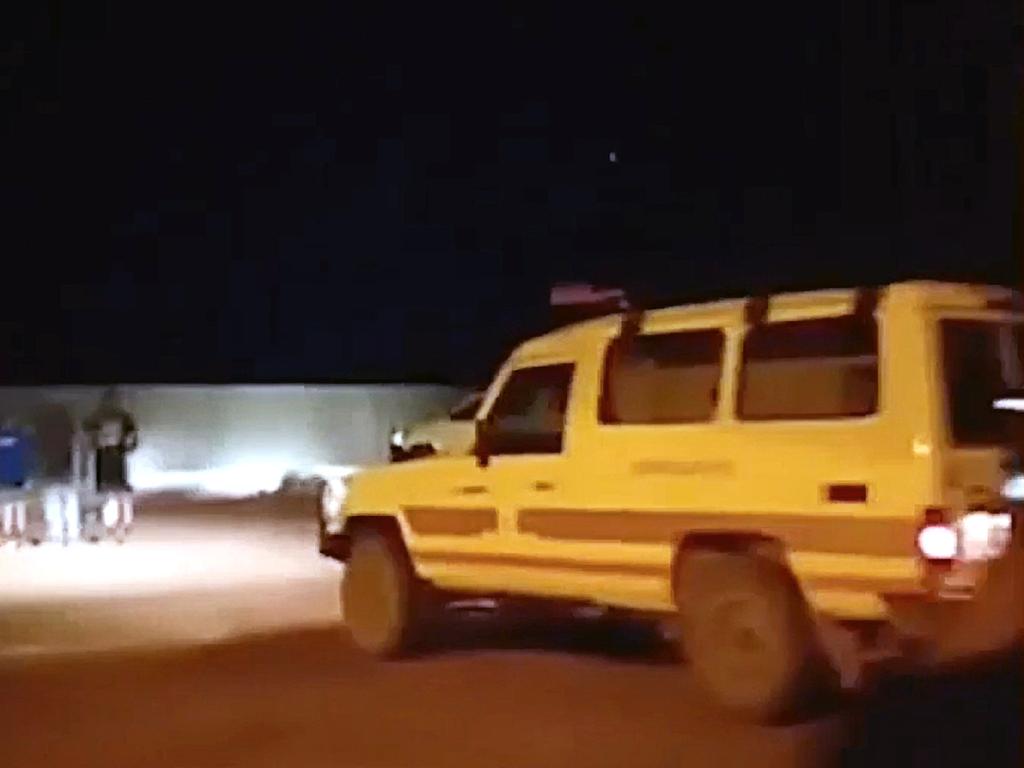
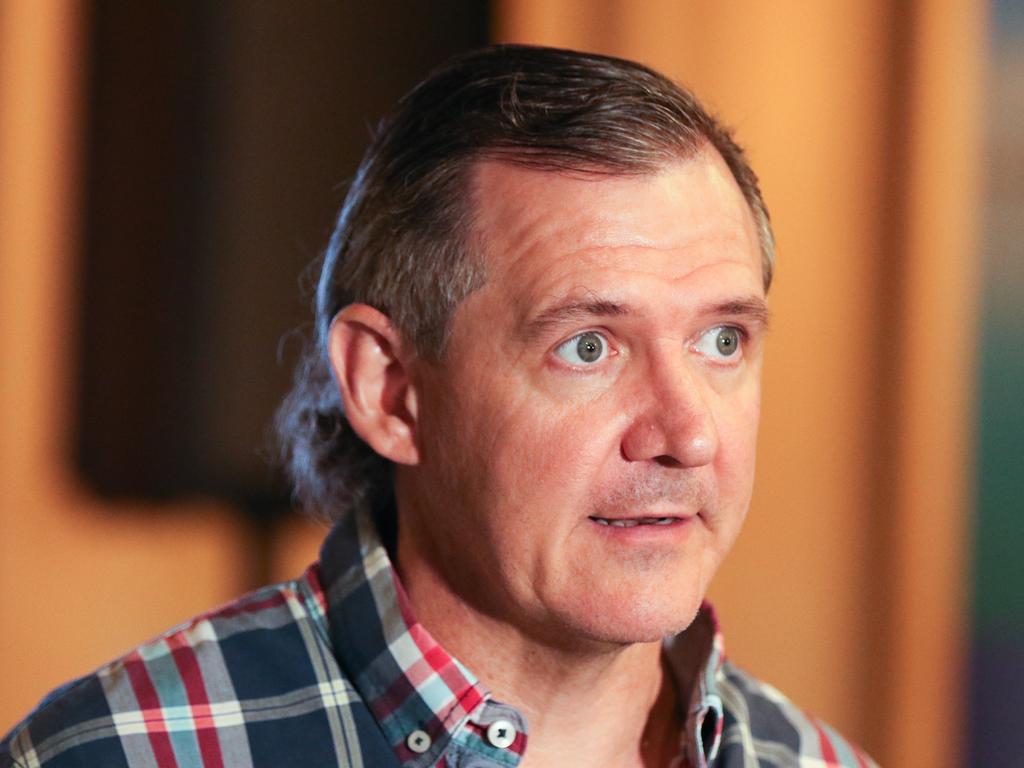
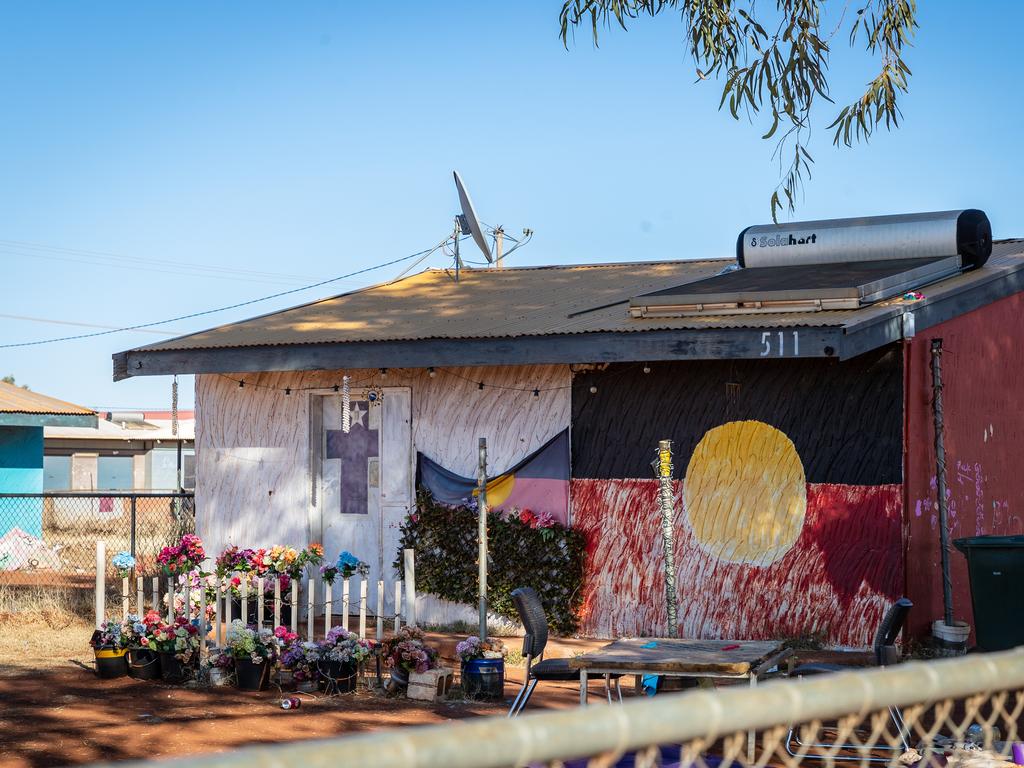

Disgust and anguish at the acquittal of police officer Zachary Rolfe should not be seen as an endorsement of Kumanjayi Walker or his behaviour. As The Australian’s reporting in recent days has revealed, the Warlpiri teenager was a violent and deeply troubled person who was often impossible to be around. The case also has made me wonder about the many professionals who failed him.